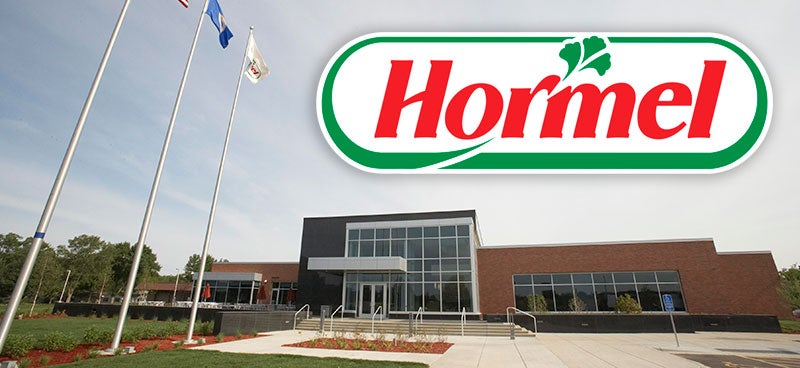Austin salons prepare for tan tax
Published 4:10 pm Wednesday, June 23, 2010
A move by the federal government to implement a 10 percent sales tax for indoor tanning services isn’t likely to keep customers away, according to area tanning salon owners.
Included in the government’s new health care law is a measure which will increase taxes paid on tanning bed and booth session purchases by 10 percent, effective July 1.
The new tax comes after the International Agency for Research on Cancer labeled tanning beds as carcinogenic to humans, according to the Skin Cancer Foundation.
Though the bill was sold in the name of safety, area salon owners aren’t buying the pitch.
Mark Raimann, owner of Caribbean Suntan, is a skin cancer survivor. Because the tax increase doesn’t differentiate between different types of tanning beds, Raimann feels the increase unfairly punishes those salons that use bulbs considered to protect users from potentially damaging UVA and UVB rays.
“We take pride in our beds, we buy the good bulbs,” he said.
Raimann said he stands behind his product, especially because of his personal experience with the very disease the bill seeks to cut down on.
“I had skin cancer, and I never even used a tanning bed. You think I would promote skin cancer? No. I’m not one to promote skin cancer, and I think it’s the biggest joke in the world,” he said.
Though frustrated with the government’s new tax, Raimann doesn’t see it having a detrimental impact on his own business.
“People who want to spend the 10 percent, I think will. I don’t think it’s going to slow the tanners down at all,” he said.
Angie Hanf, owner of The Finishing Touch, seconds that notion.
“If someone wants to tan and pay that extra little bit, I don’t think it’s going to bother them,” she said.
That’s the exact opposite reaction the Skin Cancer Foundation is hoping for.
“Data from the Center of Disease Control show that for every ten percent price increase, cigarette consumption drops by three to four percent among adults and six to eight percent among young people,” Skin Cancer Foundation President Dr. Perry Robins said in a press release. “We hope this tax will have the same effect on tanning bed use.”
Funds generated from the tax will be used to offset costs necessary to provide health coverage to America’s uninsured, according to the Associated Press. The tax is estimated to generate roughly $2.7 billion over the course of 10 years.
Hanf, who runs her nail and tanning business from her home, doesn’t accept the argument that the government is attempting to protect the public from skin cancer. Hanf said she takes it upon herself to make sure that her customers are tanning safely — and she feels that’s the way it should be.
Hanf said, in addition to monitoring customers’ time in the booth, she enforces the use of eye protection and is careful to make sure that those who enter the tanning bed aren’t at high-risk for burn because of prescription medications.





